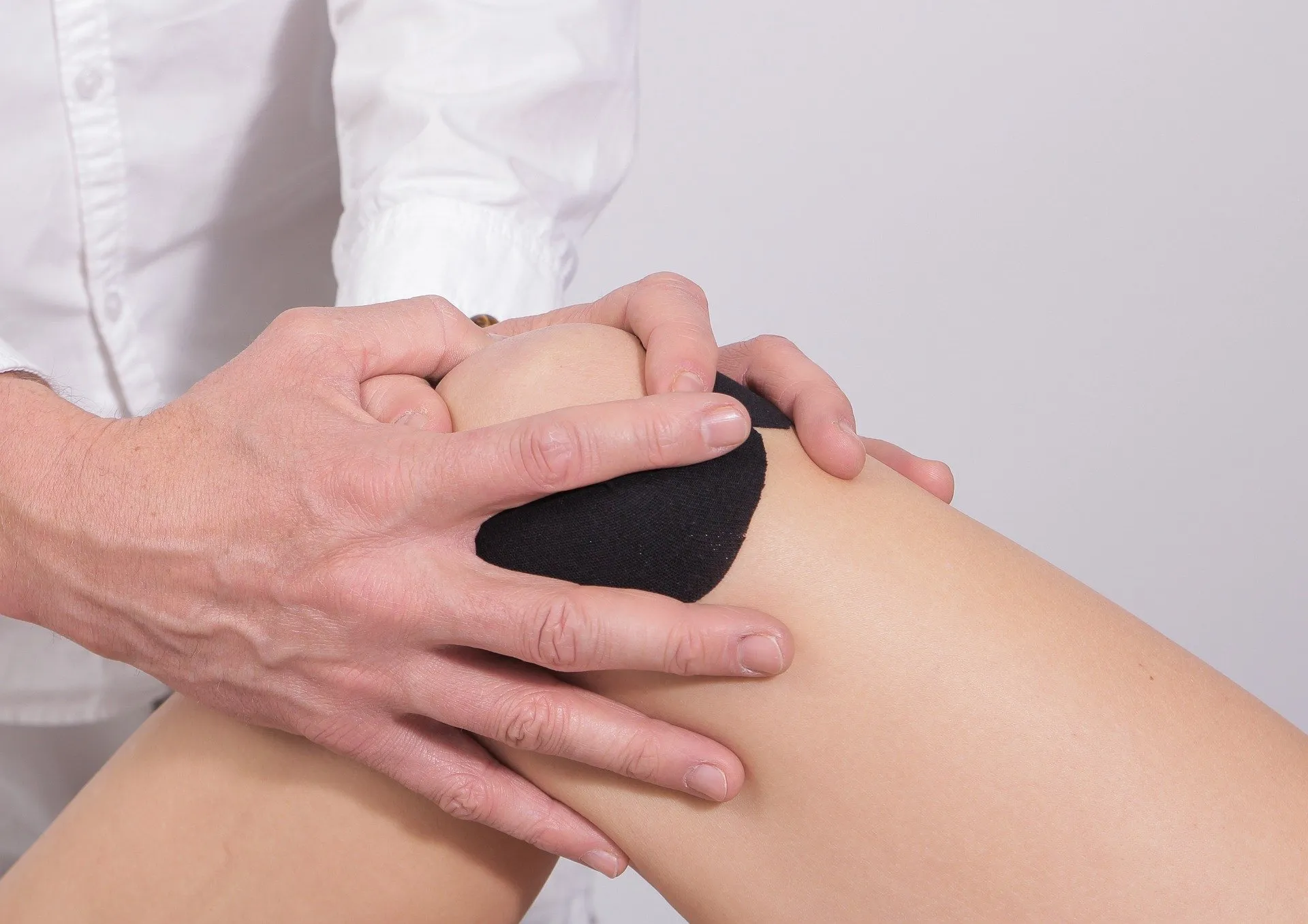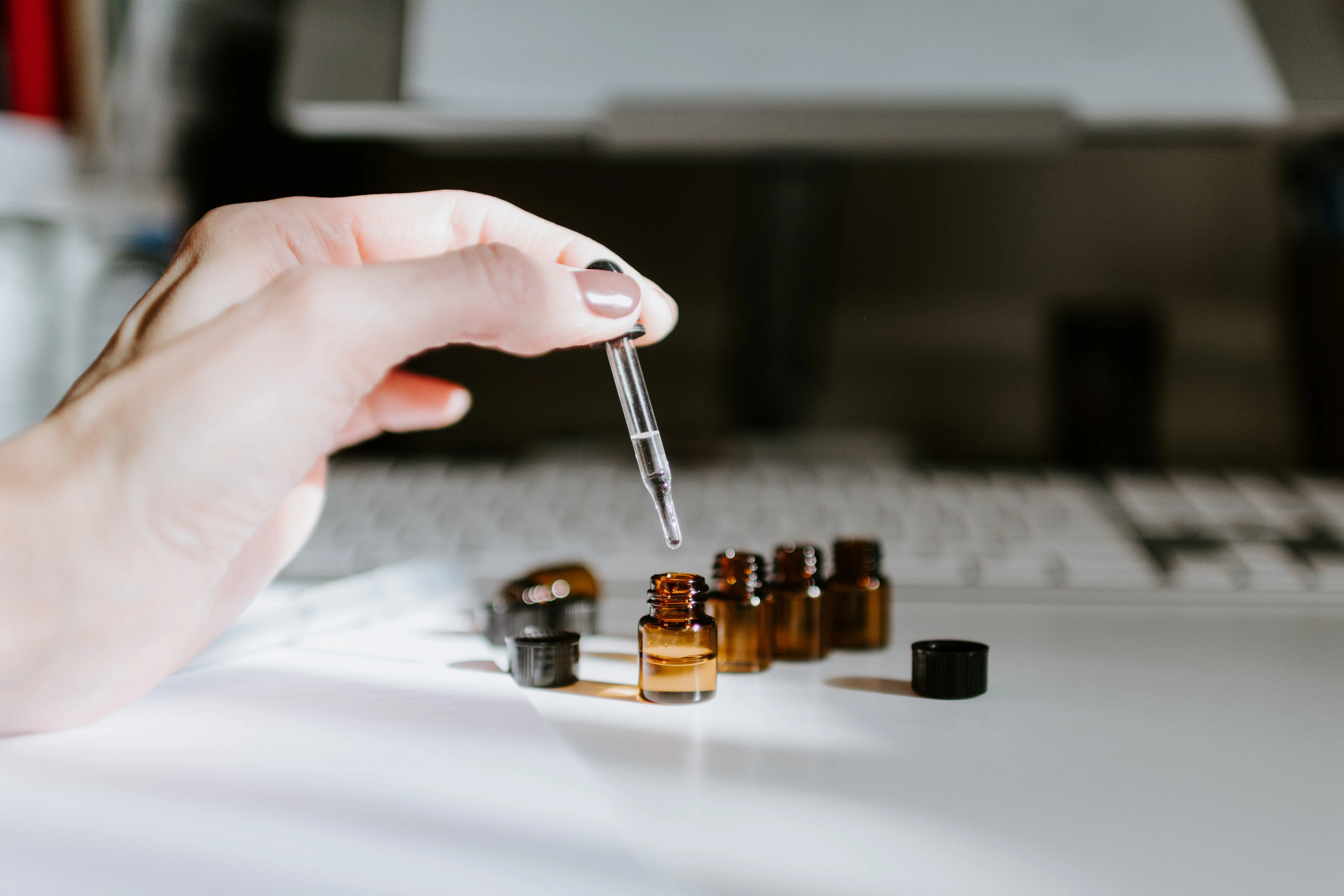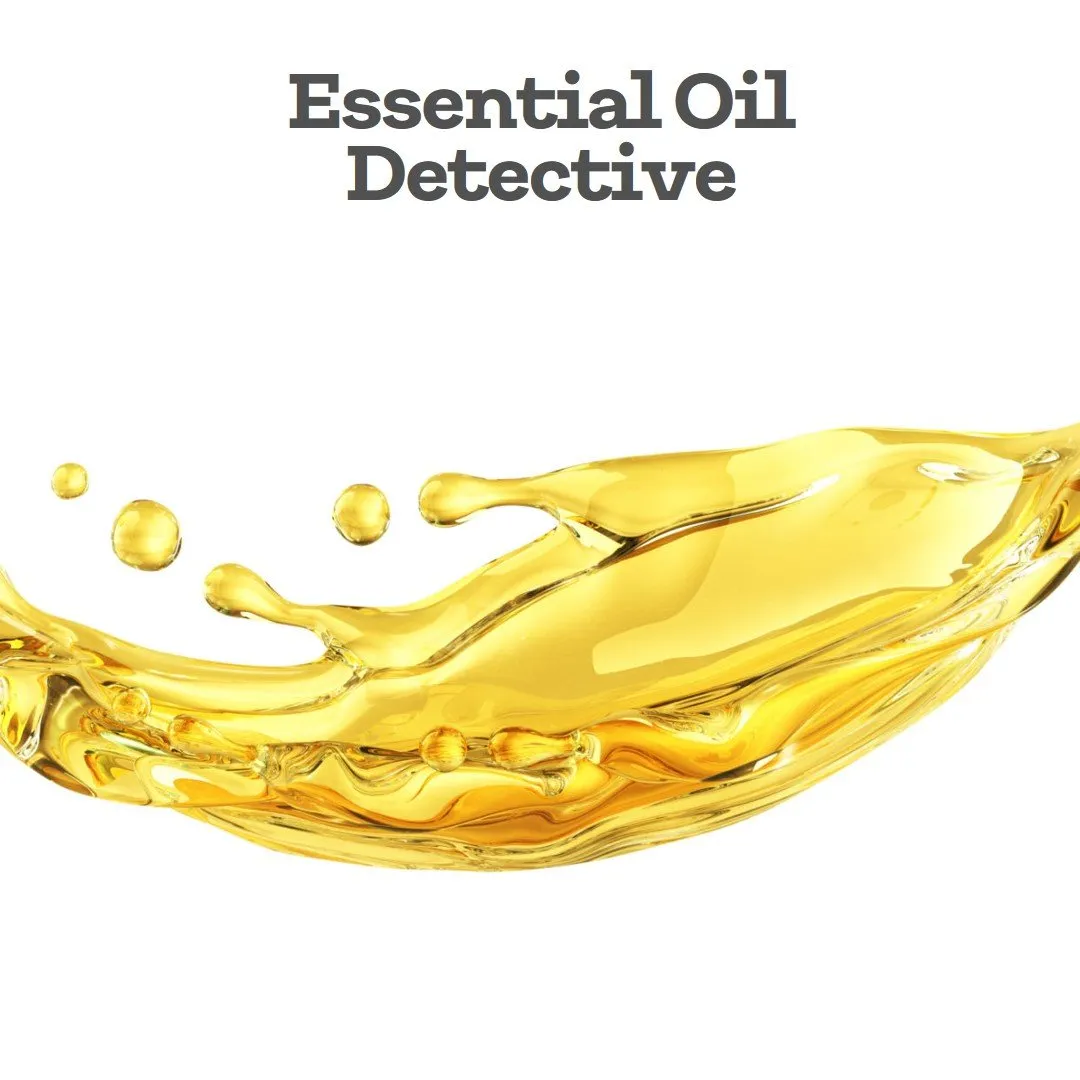Master Germ Defense & Wound Healing with Essential Oils
Wounds, regardless of their severity, disrupt routines and leave lasting imprints on our bodies. In such times of distress, a hero that accelerates healing, alleviates pain, and reduces scars is essential.
Enter essential oils, the unsung heroes in wound care. These natural extracts expedite recovery and diminish reminders of injury on our skin.
As an aromatherapist, I'll help you uncover the potent benefits of essential oils in aiding wound healing and minimizing scars.
These oils, distilled from plants, offer unique compounds known for their antiseptic, anti-inflammatory, and regenerative properties. Let's explore their profound impact on wound care and discover DIY blends that work wonders.
Understanding Essential Oils for Wound Healing

Essential oils, derived from plants, possess unique compounds renowned for aiding the body's natural healing mechanisms. Their antimicrobial, anti-inflammatory, and skin-regenerative properties make them invaluable for wound care and scar reduction.
How Essential Oils Aid in Wound Healing
- Antimicrobial Power: Oils like tea tree, lavender, and eucalyptus effectively cleanse wounds and prevent infections, promoting faster healing.
- Anti-Inflammatory Effects: Chamomile, frankincense, and helichrysum oils reduce swelling, pain, and inflammation, expediting the healing process.
- Skin Regeneration: Essential oils like rosehip, neroli, and geranium stimulate cell regeneration, aiding wound healing with minimal scarring.
Germ Defense: Unveiling Nature's Shield
Essential oils offer potent antimicrobial compounds that combat germs effectively:
- Tea Tree Oil: A powerhouse against bacteria, viruses, and fungi. Mix it with water in a spray bottle for disinfecting surfaces.
- Lemon Oil: Harness its antibacterial properties to cleanse the air, creating a fresh and germ-free environment.
- Eucalyptus Oil: Ideal for defending against respiratory germs. Inhale its vapors to ease breathing and protect against airborne pathogens.
- Thyme Oil: Apply topically as a natural hand sanitizer or use it in cleaning solutions to kill germs effectively.
- Helichrysum Oil: Apply topically to aid in wound healing and minimizing scars.
How Essential Oils Fight Germs
Essential oils penetrate and disrupt bacteria's cell membranes, inhibit vital enzymes, and exhibit antioxidant properties to bolster the body's defense against pathogens.
Safely Harnessing Essential Oils for Germ Defense
Follow these safety measures:
- Proper Dilution: Always dilute oils to prevent skin irritation.
- Patch Test: Check for allergic reactions before widespread use.
- Mindful Inhalation: Ensure proper ventilation when diffusing oils.
- Quality Matters: Invest in high-quality, pure essential oils for effectiveness and safety.
DIY Essential Oil Blends for Wound Care

Antiseptic Wound Cleanser
- 4 drops Tea Tree Oil
- 3 drops Lavender Oil
- 2 drops Eucalyptus Oil
- 1 ounce Aloe Vera Gel or Coconut Oil
- Apply to the wound using a clean cotton pad.
Scar-Reducing Blend
- 5 drops Helichrysum Oil
- 4 drops Frankincense Oil
- 3 drops Lavender Oil
- 1 tablespoon Rosehip Oil
- Gently massage onto the healed wound area daily to minimize scarring.
Anti-Inflammatory Healing Balm
- 5 drops Chamomile Oil
- 4 drops Geranium Oil
- 3 drops Juniper Oil
- 2 tablespoons Shea Butter or Coconut Oil
- Apply for soothing relief and accelerated healing.
Incorporating essential oils into your wound care routine can expedite healing and minimize scarring. Always dilute oils properly, perform a patch test, and consult healthcare professionals for severe wounds or infections.
Unlock the potential of essential oils in your wound care regimen today. Incorporate these DIY blends and experience their miraculous healing effects firsthand.
